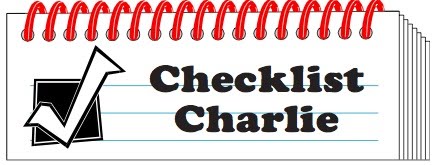1 in 5 children come hard-wired with dyslexia, according to information in the book, Overcoming Dyslexia, written by Sally Shaywitz, an M.D. and dyslexia researcher.
It took us until third grade to figure it out at our house.
The great news is that as soon as it is detected, your child can begin to acquire skills to compensate and excel, in spite of dyslexia.
Apparently lots of kiddoes are falling through the cracks, failing to be diagnosed. That’s because diagnosis is still subjective, even though, according to Dr. Shaywitz’s research, MRI’s can physically detect the different place in the brain and the different way that dyslexics read.
Here are some of the signals our family missed early on:
-Delay in speaking, then saying things that are unusually adult-like,
-Unusual speech patterns. Even though everyone else asked where he got his accent, we just thought it was cute. And it was, but….
-Memorizing whole books as a toddler.
By elementary school there are other signs:
-Excellent communication skills and a mind that can invent amazing stories, along with a reluctance to write any of it down.
-An aversion to reading or writing, combined with enthusiasm and resourcefulness for getting someone else to do those things.
-One of the myths is that dyslexics read backwards. The truth is we all learn to read from left to right, just as some languages require students to read from right to left. Instead, it is more instructive to notice if your child is confusing and substituting similar-sounding syllables, or phonemes.
-Substituting synonyms with the same first syllable when dyslexics read because it requires too much effort to sound out the rest of the word. In order to catch this little trick, I actually had to sit next to my kiddoes and watch as they read. Dyslexics often have extensive vocabularies.
As a parent, you are not crazy or over-attentive when you notice the signals. Your child is not just an underachiever or a late-bloomer.
Even though MRI’s are still a research tool and not a diagnostic tool yet, there is some comfort in knowing that dyslexia is a real, physical anomaly.
The thing about Life is that it often provides exactly what we need to be fabulous human beings.
For instance, a dyslexic kid has to work harder than anyone else in the class just to keep up with the academics. On the other hand, that effort instills discipline, along with compassion for others who have it rough in some way.
Discipline and compassion seem like more than a fair trade-off.
So, if you think your child might have dyslexia, hang in there. Help is available.
If I can be of encouragement, or if you have experiences with dyslexia that you’d like to pass along, feel free to contact me.
Cathy Primer Krafve, aka Checklist Charlie, lives and writes with a Texas twang. Comments are invited at http://checklistcharlie.blogspot.com or cathykrafve@gmail.com.
Subscribe to:
Post Comments (Atom)

No comments:
Post a Comment